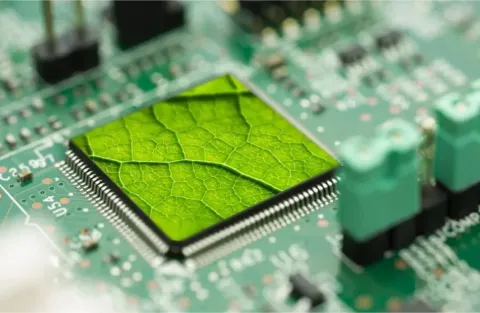Scanning as a Service for synthetic data generation and modelling
Wageningen University WUR
Location
Netherlands

Remote

 Arable farming
Arable farming
 Food processing
Food processing
 Greenhouse
Greenhouse
 Horticulture
Horticulture
We offer a comprehensive 3D scanning and model preparation service tailored for agriculture and food applications, built on expertise developed through scanning diverse objects such as rapeseed plants, tomato seedlings, and fish. This service transforms real-world items into accurate, high-resolution 3D models, ready for use in synthetic data generation, robotics simulations, and plant phenotyping. Using tested scanning approaches—including photogrammetry with stationary or rotating cameras, DSLR, and smartphone captures—we can reliably acquire detailed image sets. Using these 3D models, your AI detection algorithms can be tested on high-quality 3D data. The data can be used to test detection algorithms, or it can be used in complete virtual environments to test robotic applications. Beyond static models, dynamic functionality can be added by assigning physics properties and enabling randomisation—altering geometry, texture, and patterns to expand dataset diversity. This allows models to be seamlessly integrated into simulation environments for testing AI, testing robotic systems, or conducting virtual experiments to test and improve the systems. Whether for research, product development, or automation, our solution delivers a scalable, future-ready platform for realistic and adaptable 3D tests.
Collection of test data
Provision of datasets

